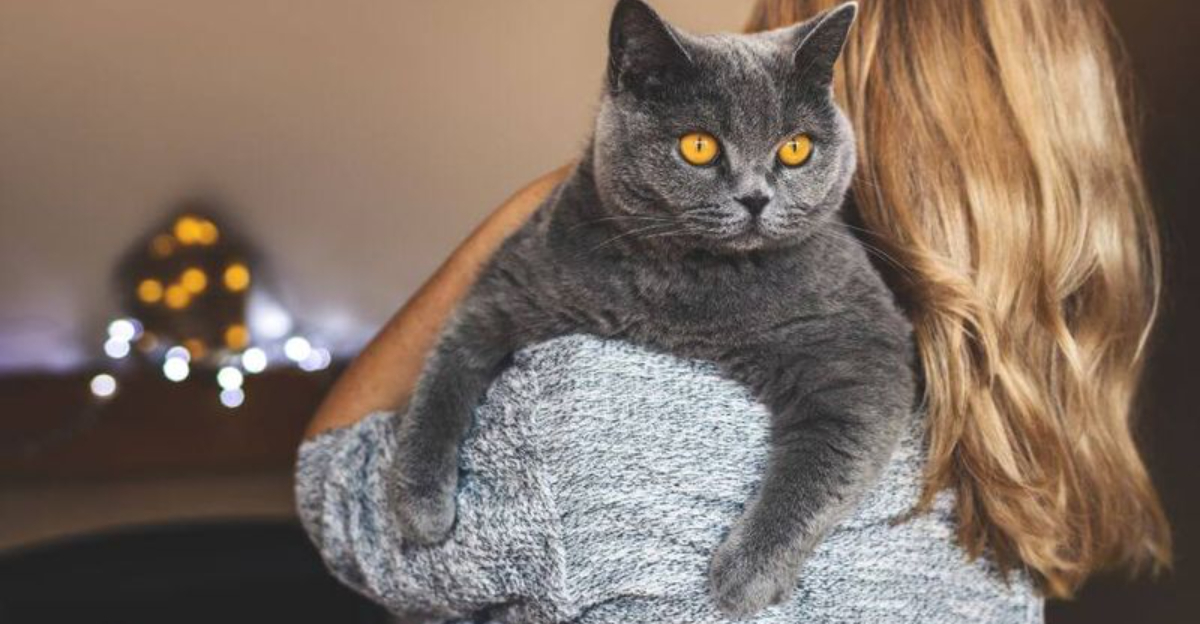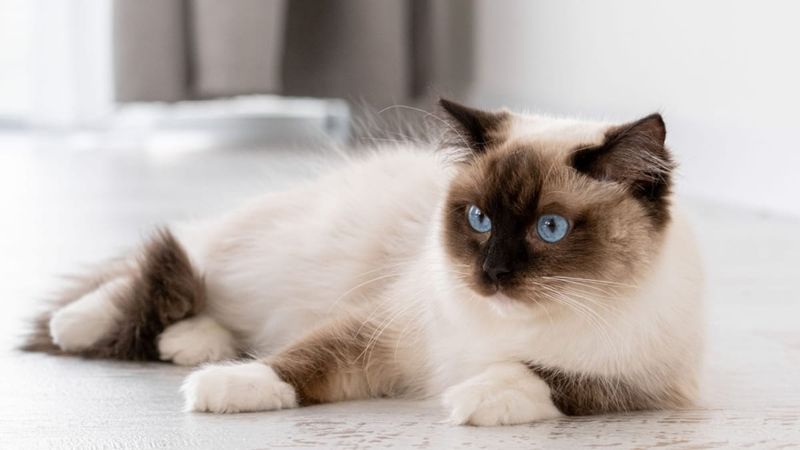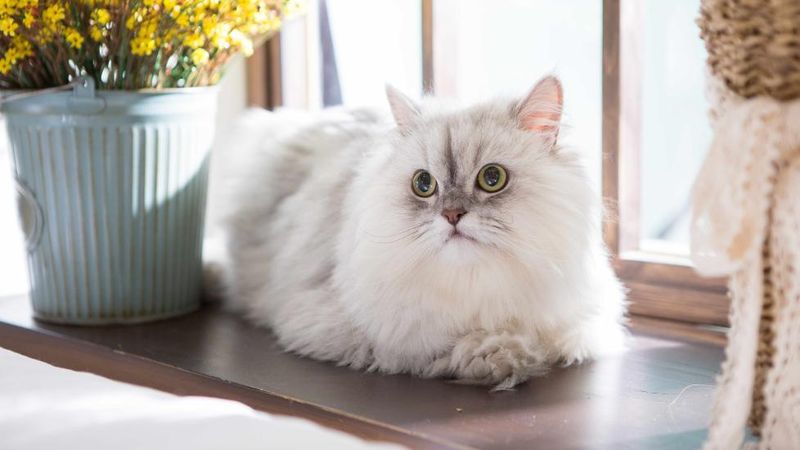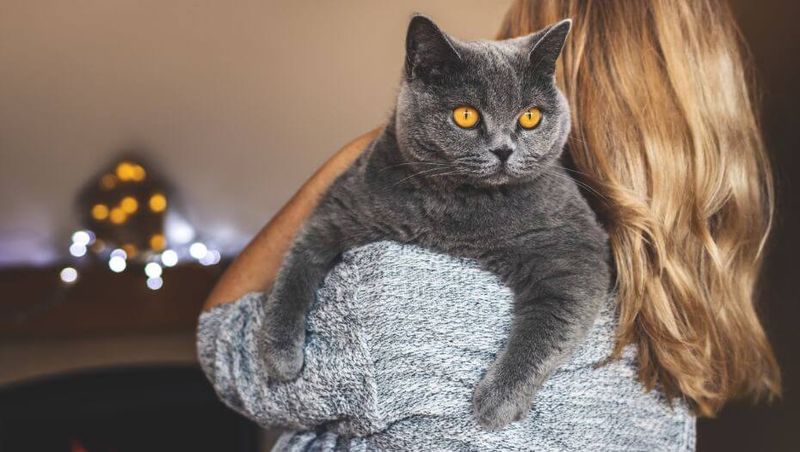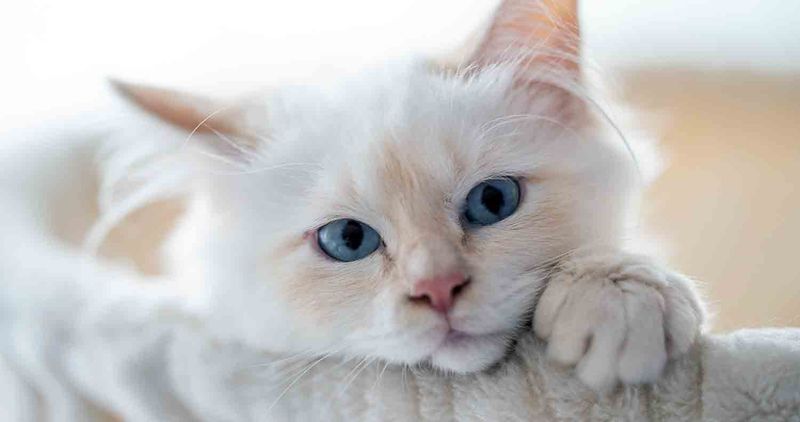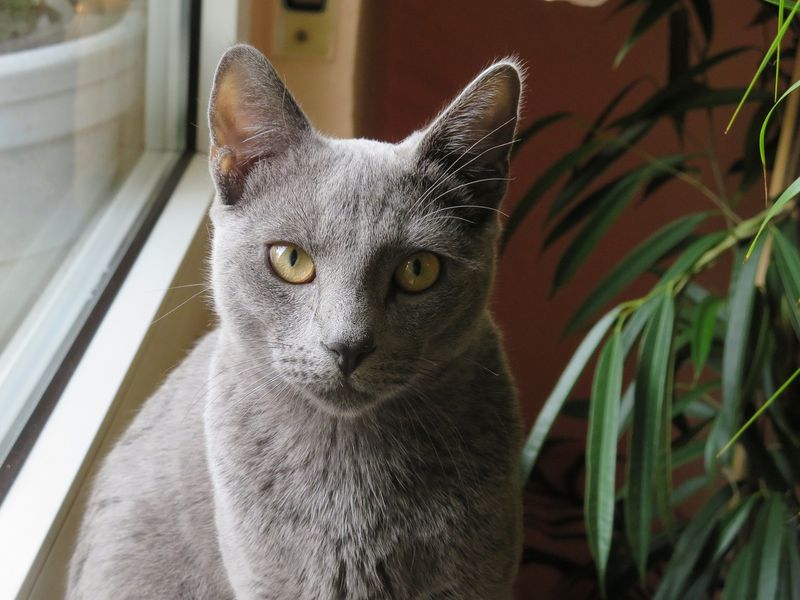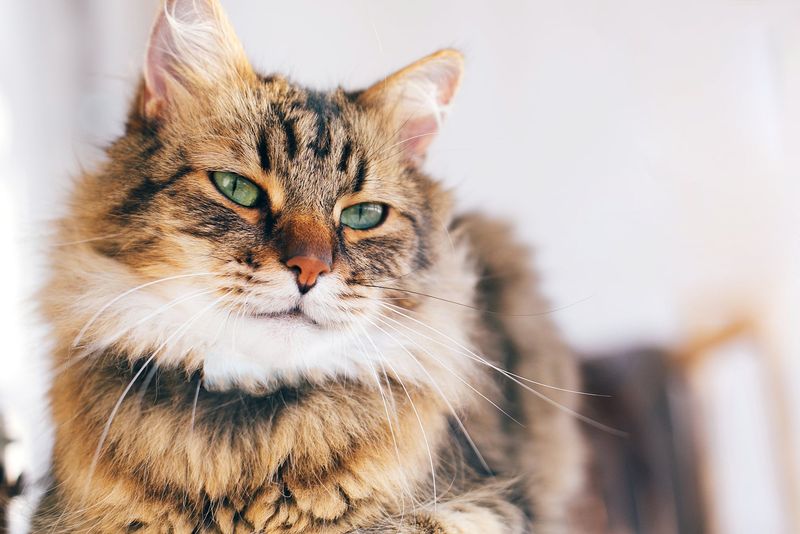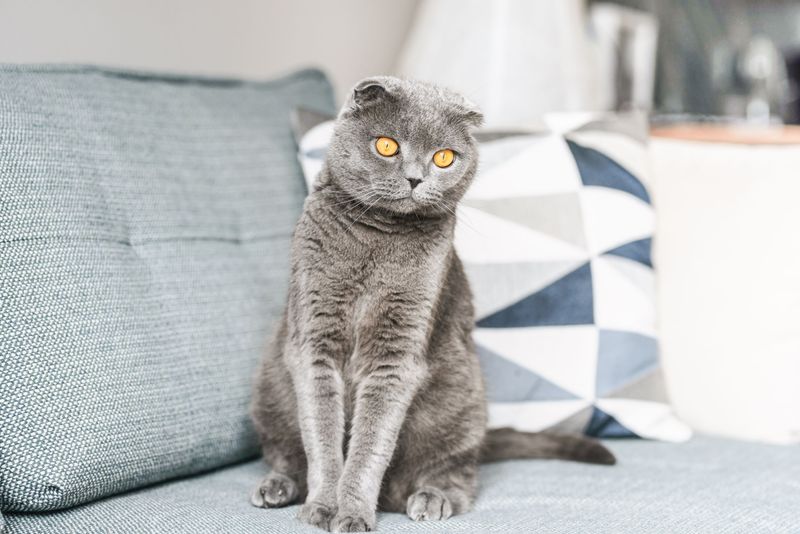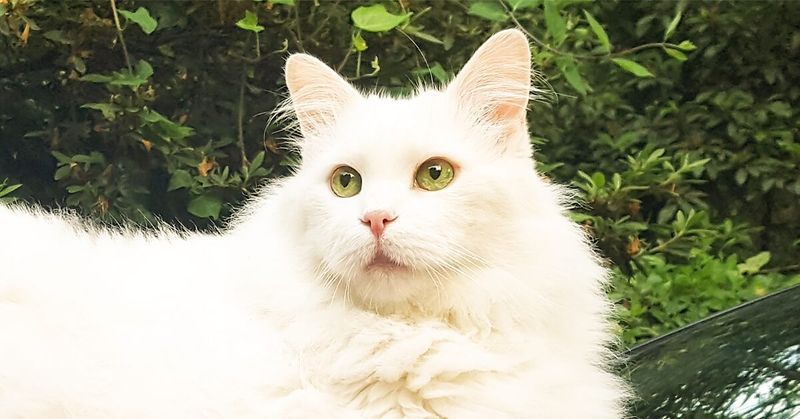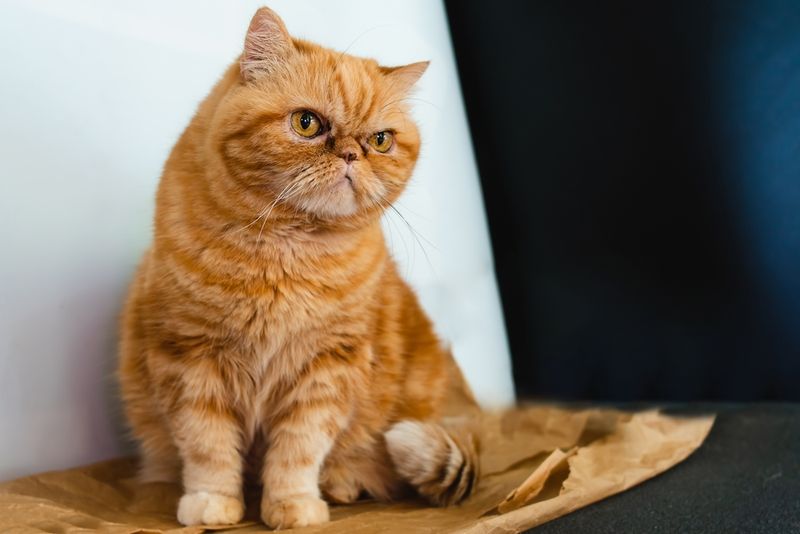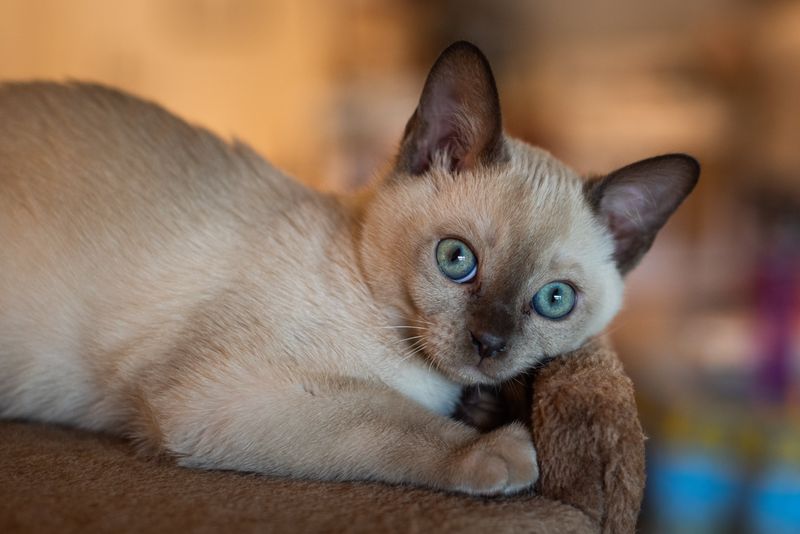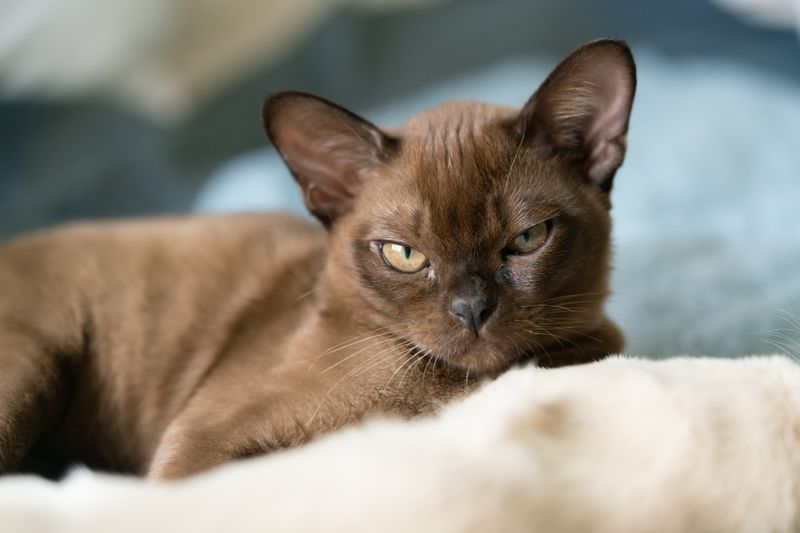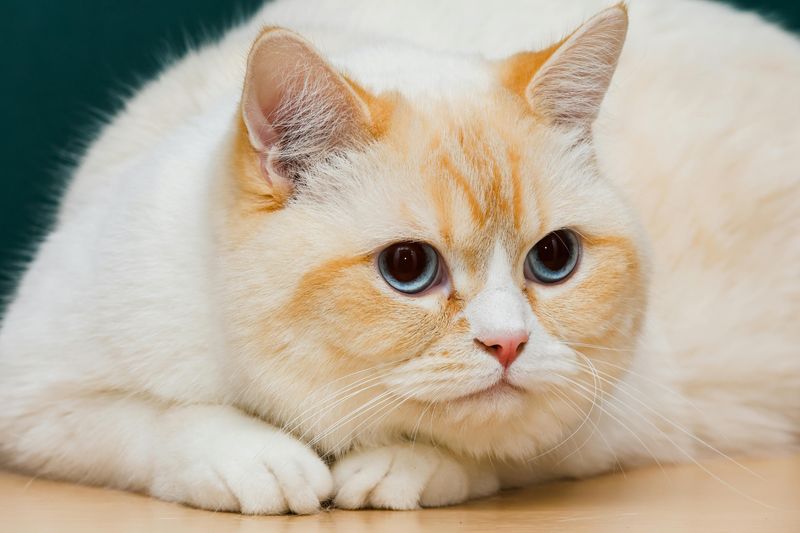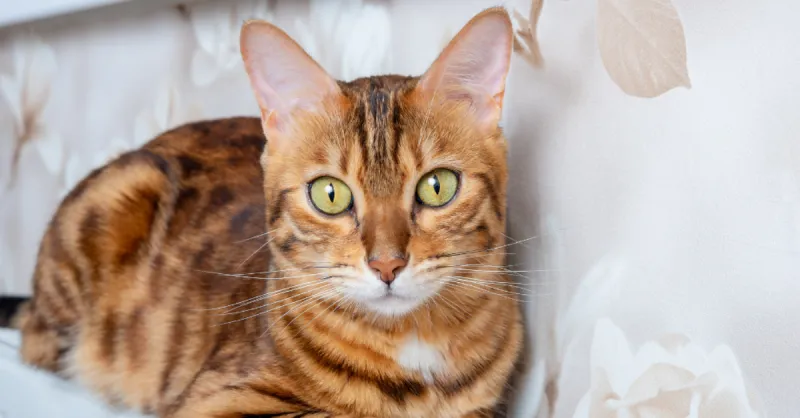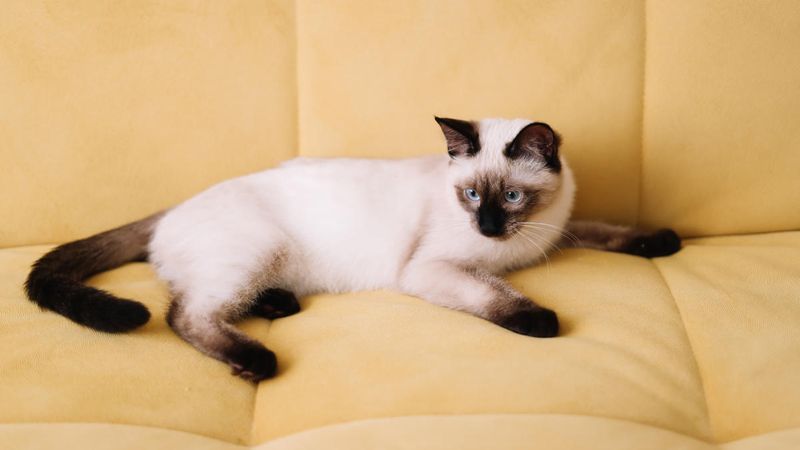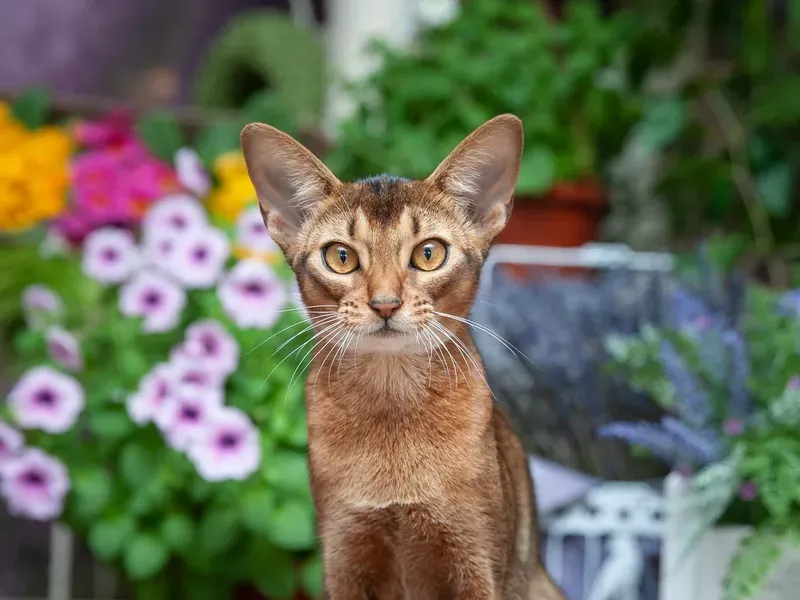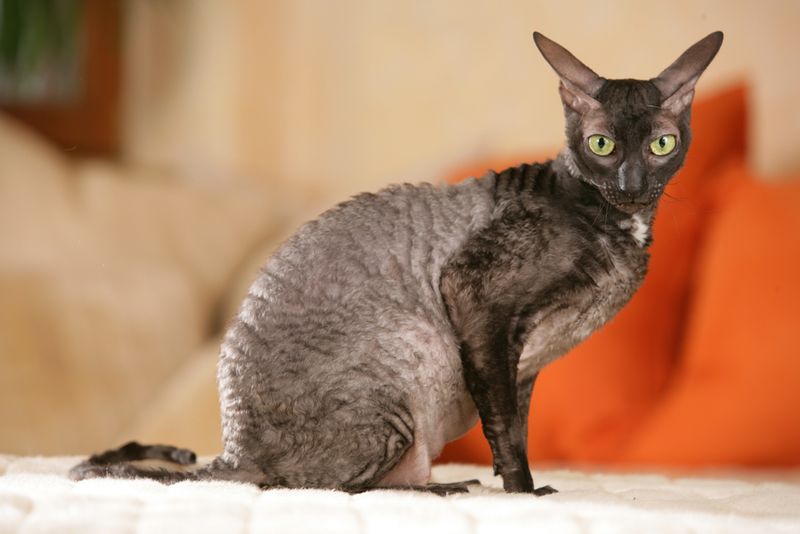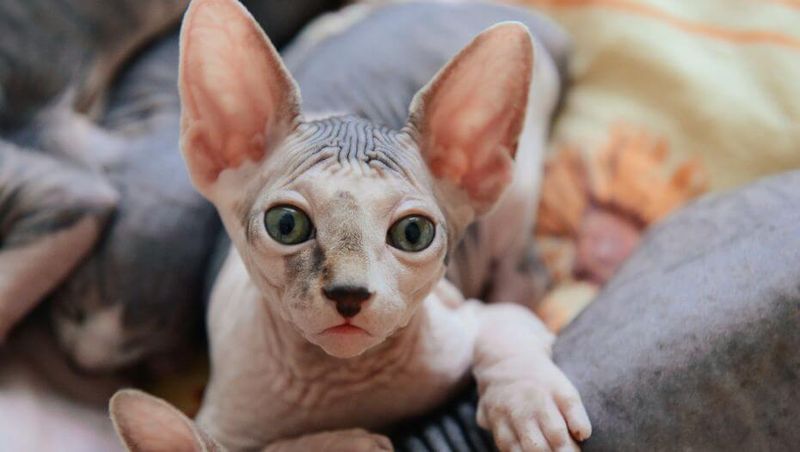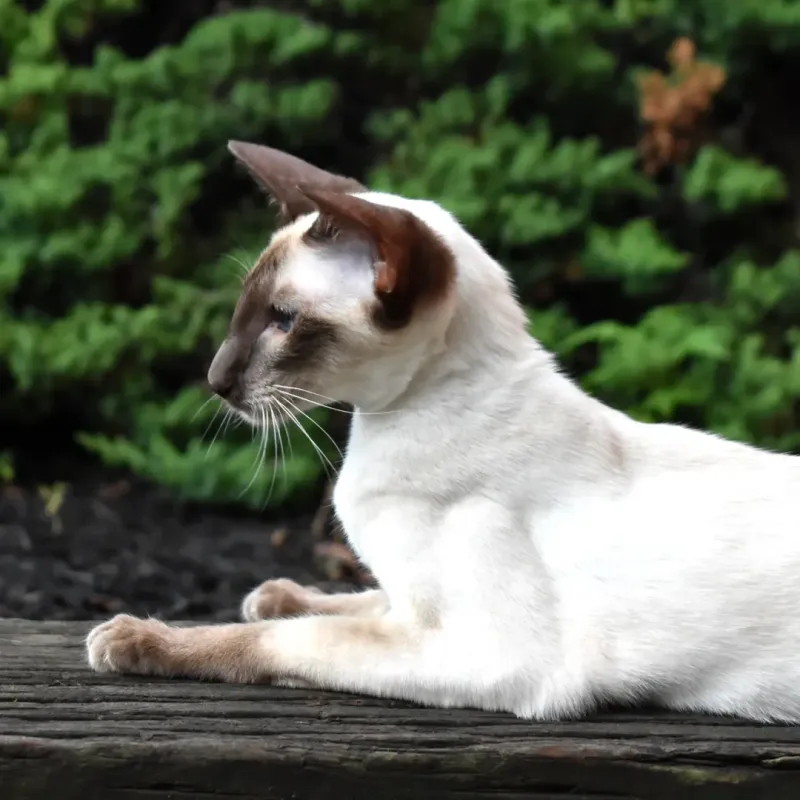📖 Table of Content:
Selecting the ideal feline companion often depends on matching the cat’s temperament to one’s lifestyle. Certain breeds naturally flourish in calm environments, making them well-suited for seniors seeking gentle and quiet company. These cats tend to appreciate slower, more relaxed interactions throughout the day.
On the other hand, some cat breeds require more active engagement and stimulation. Energetic felines thrive when paired with owners who can meet their playful and lively nature. Such cats benefit from an environment filled with interaction and activity to stay happy and healthy.
Recognizing the personality and energy needs of different breeds helps ensure a strong bond between cat and owner. When the pace of life and the cat’s disposition align, both can enjoy a fulfilling and harmonious relationship. This understanding is key to creating a home where both companion and human feel content.
1. Ragdoll
Ragdolls earned their name from their tendency to go limp when picked up, making them incredibly easy to handle for seniors with limited strength. These blue-eyed beauties are known for their docile temperament and affectionate nature.
They prefer lounging beside you rather than demanding constant play. Their low-maintenance coat only needs weekly brushing, perfect for those who can’t manage intensive grooming sessions.
Ragdolls typically follow their owners from room to room, providing quiet companionship without being overly demanding. Many seniors appreciate their gentle purrs and calm presence during relaxing afternoons.
2. Persian
Known for their elegant demeanor, Persian cats provide peaceful companionship ideal for senior living. They are happy to spend hours resting quietly on a warm lap or basking in sunlight, requiring little constant attention.
Despite their luxurious coat requiring regular grooming, many seniors find the brushing routine therapeutic and bonding. These cats rarely climb curtains or race through the house at midnight, preferring dignified relaxation instead.
Their soft vocalizations and quiet presence create a peaceful atmosphere. Persian cats adapt well to smaller living spaces like apartments or retirement communities, where a calm pet is appreciated.
3. British Shorthair
Combining loving nature and self-sufficiency, British Shorthairs suit seniors seeking balanced companionship. Their plush fur is low-maintenance, making grooming manageable for those with arthritis or limited movement.
These sturdy cats rarely knock things over or create household chaos. They’re known for their easygoing nature and preference for gentle play rather than wild antics.
British Shorthairs develop strong bonds with their owners but don’t demand constant attention. Their quiet, unobtrusive companionship provides comfort without overwhelming seniors who might tire easily from too much stimulation.
4. Birman
With a blend of tender affection and independent spirit, Birmans create an ideal companion for seniors. Despite their luxurious coat, grooming needs are relatively low, as they experience minimal matting compared to similar breeds.
These color-pointed beauties are known for their soft voices and tendency to communicate without excessive meowing. Birmans form deep bonds with their owners but won’t pester for attention constantly.
Their moderate energy level means they enjoy interactive play without demanding exhausting exercise sessions. Seniors appreciate their intuitive nature – Birmans often sense when their human needs company and when they prefer solitude.
5. Russian Blue
Russian Blues offer seniors the perfect combination of companionship without overwhelming neediness. Their short, dense coat barely sheds and requires minimal grooming, ideal for those who want a clean home without constant vacuuming.
These silver-blue cats form strong bonds with their owners yet remain self-sufficient enough to entertain themselves when needed. Their naturally quiet demeanor means no disruptive midnight yowling or excessive vocalization.
Russian Blues thrive on routine, making them well-suited to seniors with established daily patterns. Their gentle, reserved nature means they rarely startle easily or create household chaos, providing peaceful companionship for those seeking tranquility.
6. Maine Coon
Known for their kind demeanor and patience, Maine Coons make excellent companions for seniors. Despite being large, they move with surprising grace, seldom causing accidents or disruptions.
These cats adapt their play style to their owner’s energy level, enjoying interactive toys without demanding exhausting play sessions. Their chirps and trills replace loud meowing, creating pleasant conversation without noise disturbance.
Maine Coons show remarkable sensitivity toward their humans, often staying close during illness or difficult days. Their semi-long fur requires brushing but is less prone to matting than other longhaired breeds, making maintenance manageable for seniors with limited dexterity.
7. Scottish Fold
With charming folded ears and sweet, inquisitive looks, Scottish Folds easily win affection. Their moderate activity level fits well with seniors, offering fun interaction without overwhelming demands.
These cats adapt beautifully to apartment living and quieter households. Their tendency to form strong bonds means they’ll often follow seniors around the home, providing constant companionship without being intrusive.
Scottish Folds have a unique habit of sitting up like prairie dogs or lying flat on their backs, providing endless entertainment and photo opportunities. Their soft vocalizations and gentle demeanor create a peaceful household atmosphere ideal for relaxed retirement living.
8. Ragamuffin
Overflowing with puppy-like devotion, Ragamuffins become extraordinary companions for seniors seeking deep emotional connection. These substantial cats love being held and often go limp in your arms, much like their Ragdoll cousins.
Their plush coats feel like velvet but require only moderate grooming, manageable even for those with limited mobility. Ragamuffins adapt their energy level to match their owner’s pace, happy to engage in gentle play or simply lounge nearby.
These cats maintain kitten-like playfulness well into adulthood but express it appropriately, without destructive behavior. Seniors appreciate their intuitive nature – Ragamuffins often seem to sense when their human needs comfort versus space.
9. Exotic Shorthair
Boasting the charm of Persians without the heavy grooming, Exotic Shorthairs are perfect for seniors seeking low-maintenance companionship. Their plush, teddy-bear looks pair beautifully with a gentle and calm temperament.
These cats prefer lounging beside their favorite humans rather than climbing curtains or racing through the house. Their shortened face means they breathe a bit louder than other breeds, providing a soothing white noise many seniors find comforting.
Exotic Shorthairs form strong bonds with their owners but remain undemanding in their affection. Their moderate activity level means they enjoy interactive play without requiring exhausting exercise sessions, making them ideal for those with limited mobility.
10. Tonkinese
Merging the finest traits of Siamese and Burmese, Tonkinese cats offer a harmonious personality well-suited for active seniors. Their gentle vocal style provides communication without the intense yowling sometimes associated with Siamese cats.
These social butterflies genuinely enjoy human company but can entertain themselves when needed. Their short, silky coat requires minimal grooming, just occasional brushing that many seniors find therapeutic.
Tonkinese cats maintain playfulness throughout their lives but express it appropriately, without destructive behavior. Their intelligence means they quickly learn household routines and adapt to their owner’s lifestyle, providing companionship that enhances rather than complicates daily life.
11. Burmese
Burmese cats bring satin-wrapped muscle and devoted companionship to senior households. Their people-oriented nature means they genuinely enjoy being involved in everything their human does, from reading books to watching television.
Despite their energetic personality, they adapt their play style to match their owner’s abilities. Their short, glossy coat barely sheds and needs minimal grooming, perfect for those who want a low-maintenance pet.
Burmese cats retain a playful spirit throughout their lives but express it appropriately. Many seniors appreciate their warm nature – these cats often seek out laps and shoulders, providing living heating pads for achy joints while purring their soothing motor.
12. American Shorthair
Renowned for their steady temperaments and robust health, American Shorthairs make great companions for seniors. They keep a playful streak throughout their lives without requiring nonstop attention.
Their muscular build and natural hunting instincts mean they enjoy interactive toys that allow them to pounce and stalk, providing exercise without requiring their human to constantly participate. Their adaptable nature means they settle easily into new environments, perfect for seniors who might need to relocate.
American Shorthairs typically enjoy gentle affection without being overly demanding. Their low-maintenance coat requires only occasional brushing, making them ideal companions for those with limited energy for pet care tasks.
1. Bengal
Sporting a wild spotted appearance and boundless vitality, Bengals often challenge the pace of senior homes. Their impressive jumping skills can lead them onto delicate shelves or unexpected spots like refrigerator tops.
These cats require daily interactive play sessions to prevent destructive behavior from pent-up energy. Their highly intelligent minds need constant stimulation through puzzle toys, training sessions, and environmental enrichment.
Bengals often develop strong attachments to their humans but express affection through playful interaction rather than quiet cuddling. Their distinctive vocalizations can be quite loud, potentially disturbing seniors who value peaceful environments. Young, active households typically provide better matches for these domestic leopards.
2. Siamese
With bold opinions and vocal tendencies, Siamese cats may overwhelm seniors seeking calm companionship. Their distinctive calls vary from soft meows to loud yells, frequently persisting until attention is given.
These intelligent cats become bored easily and may develop destructive behaviors without sufficient mental stimulation and physical exercise. Their strong-willed nature means they rarely take no for an answer, persistently seeking attention even when their human needs rest.
Siamese form intense bonds with their people but can become anxious or depressed without adequate interaction. Young, active households better accommodate their need for conversation, play, and engagement throughout the day.
3. Abyssinian
Known for their relentless curiosity and high energy, Abyssinians may challenge the more relaxed lifestyles of seniors. Their athleticism drives them to scale every vertical surface, from curtain rods to kitchen cabinets.
These cats require daily interactive play sessions to manage their high energy levels. Without adequate stimulation, they may develop problematic behaviors like excessive vocalization or destructive tendencies.
Abyssinians show affection on their own terms, typically preferring interactive play to quiet cuddling sessions. Their independent nature means they’re less likely to provide the consistent companionship many seniors seek. Active households with younger family members better match their need for engagement and stimulation.
4. Cornish Rex
Maintaining high energy and playful spirit well beyond kittenhood, Cornish Rex cats can be a handful for seniors with limited movement. Their athletic jumps and lightning-fast reactions often put household belongings in jeopardy.
These cats seek constant interaction, often inserting themselves into every activity from cooking to reading to sleeping. Their curly coat requires regular cleaning as it lacks guard hairs that normally repel dirt and oils.
Cornish Rex cats bond intensely with their humans but express affection through playful antics rather than peaceful cuddles. Their high metabolism means they’re constantly seeking food, potentially leading to counter-surfing behaviors. Young, active families typically provide better energy matches for these perpetual kittens.
5. Sphynx
Sphynx cats bring extraordinary energy levels wrapped in hairless bodies, creating a mismatch for most senior households. Their lack of fur means they actively seek warmth, often climbing under blankets or demanding constant lap time regardless of their human’s preference.
These cats require weekly baths to manage oil buildup on their skin, a physically demanding task. Their playful, mischievous nature means household items frequently become toys, regardless of value or fragility.
Sphynx cats form intense bonds with their humans but express it through constant interaction rather than respectful companionship. Their high metabolism creates voracious appetites and potential counter-surfing behaviors. Active households with younger members typically provide better matches for their energetic personalities.
6. Oriental Shorthair
With energy rivaling the Siamese and exceptional agility, Oriental Shorthairs may overwhelm seniors seeking calm. Their lithe bodies enable impressive jumps, frequently putting delicate household objects at risk.
These highly vocal cats express opinions loudly and frequently, potentially disrupting the peaceful environment many seniors prefer. Their intelligence demands constant mental stimulation through interactive toys, training sessions, and environmental enrichment.
Oriental Shorthairs form strong bonds with their humans but express affection through playful interaction rather than gentle companionship. Their high energy levels require multiple daily play sessions to prevent destructive behaviors from developing. Young, active households typically provide better matches for these chatty athletes.
